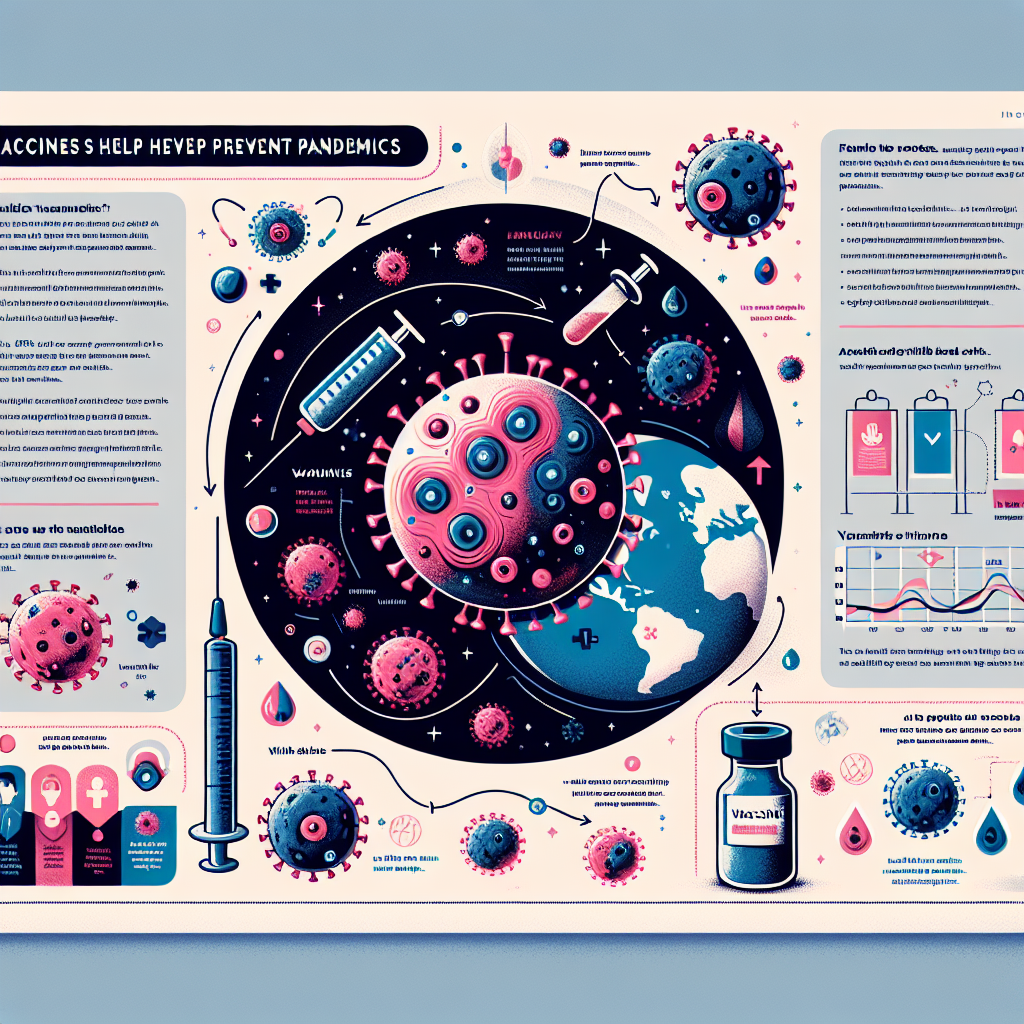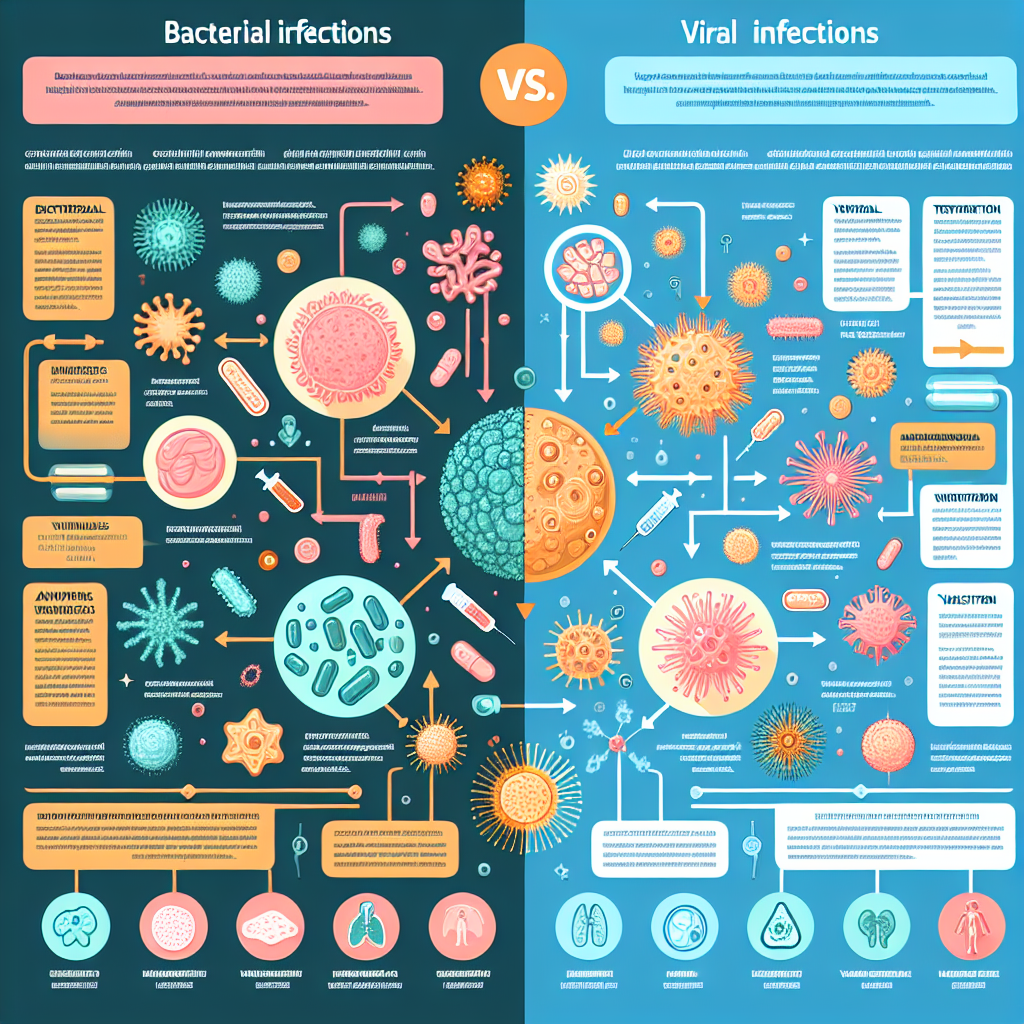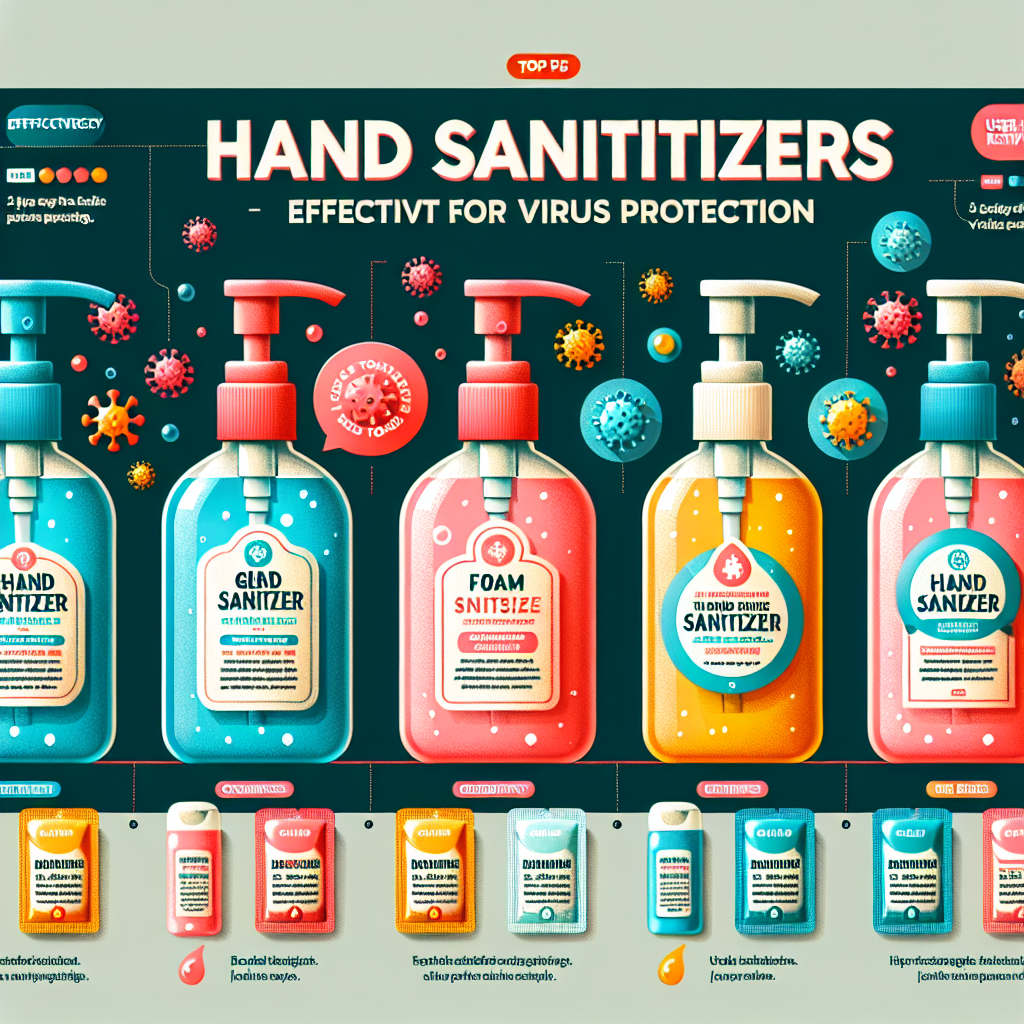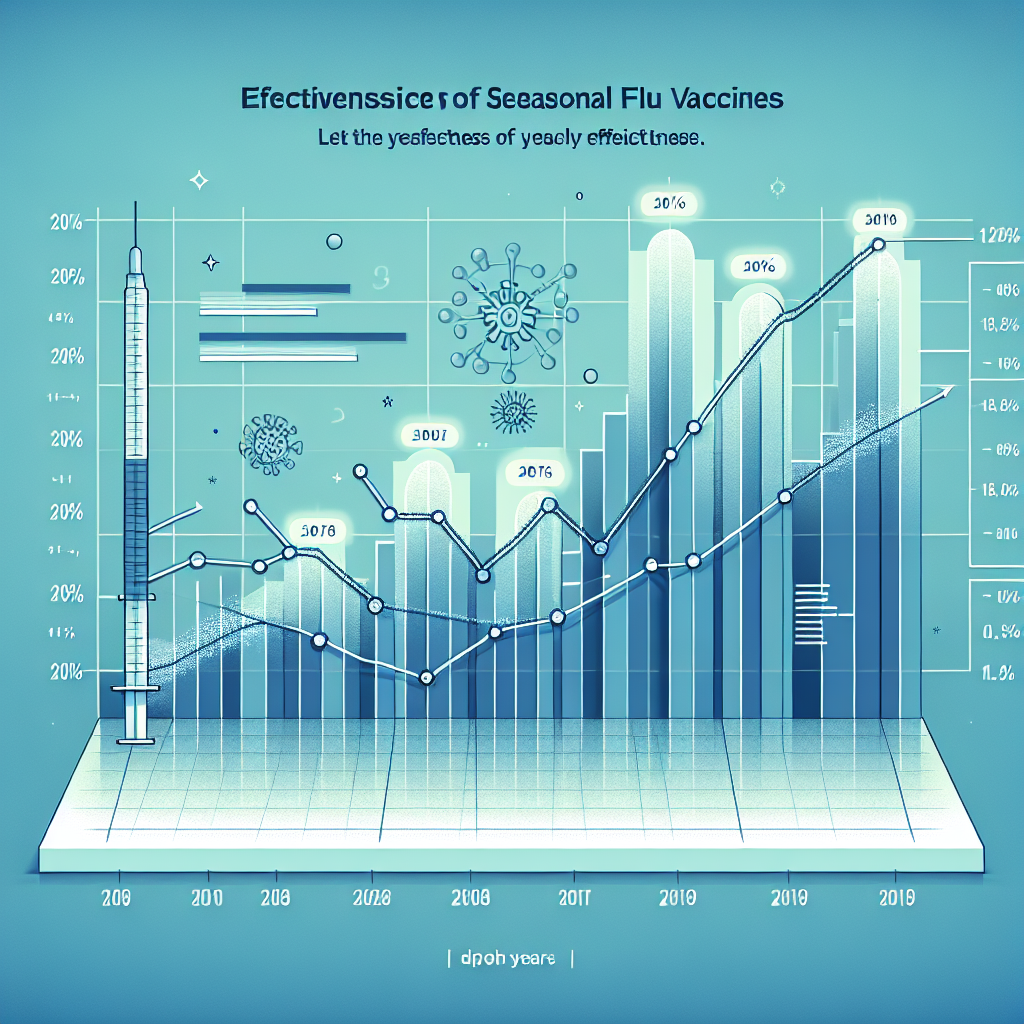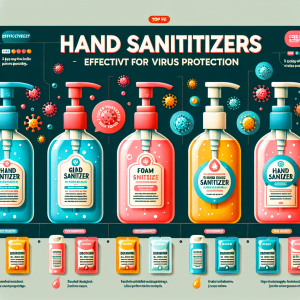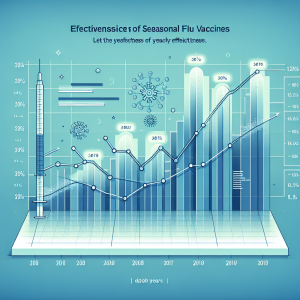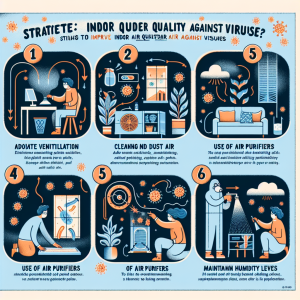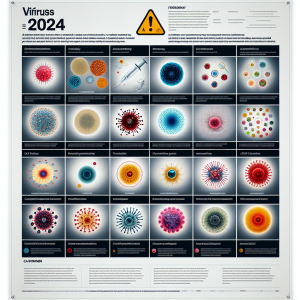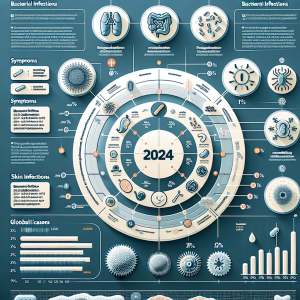How do vaccines help prevent pandemics?
Vaccines have long been heralded as one of the greatest advancements in public health. By stimulating the immune system to recognize and combat pathogens, vaccines play a pivotal role in controlling infectious diseases. The recent global pandemic has underscored the critical importance of vaccination in preventing disease spread and protecting communities. This article explores how vaccines contribute to preventing pandemics, focusing on their role in public health, their mechanisms of action, their historical impact, and their potential for future preparedness.
Understanding the Role of Vaccines in Public Health
Vaccines serve as a cornerstone of public health strategies aimed at controlling infectious diseases. By immunizing individuals, vaccines create herd immunity, which protects those who are unable to receive vaccinations, such as infants or individuals with certain medical conditions. When a significant portion of a community is vaccinated, the spread of the disease is significantly reduced, thereby lowering the likelihood of outbreaks. This collective immunity is critical in preventing pandemics, as it disrupts the chain of transmission.
In addition to protecting individuals, vaccines contribute to the overall reduction of healthcare costs. Preventing disease outbreaks means fewer hospitalizations and lower treatment costs, which alleviates the burden on healthcare systems. Public health campaigns emphasizing vaccination help educate communities about the benefits of immunization and encourage participation, further enhancing community resilience against infectious diseases. For more information on public health initiatives, visit the World Health Organization.
The global response to outbreaks often relies on vaccination campaigns as a primary strategy. The faster a population can achieve immunity through vaccination, the quicker they can return to normalcy, mitigating the socioeconomic impacts of disease spread. Consequently, vaccines are not merely a personal health measure; they are a vital component of societal health, emphasizing the interconnectedness of individual choices and community well-being.
Mechanisms of Action: How Vaccines Protect Populations
Vaccines work by mimicking natural infections without causing the disease. They introduce antigens—components of pathogens such as proteins or sugars—into the body, prompting an immune response. This response includes the production of antibodies, which are proteins that recognize and neutralize specific pathogens. By training the immune system to recognize these antigens, vaccines enable the body to respond more effectively if exposed to the actual disease in the future.
The dual action of vaccines—inducing both humoral (antibody-mediated) and cellular immunity—ensures a robust defense against infections. Humoral immunity provides immediate protection through the presence of antibodies, while cellular immunity generates memory cells that respond quickly to future exposures. This comprehensive immune response is crucial during pandemics, as it can reduce the severity of illness, hospitalizations, and deaths, ultimately saving lives.
Moreover, vaccines can be tailored to address emerging pathogens rapidly. mRNA vaccines, like those developed for COVID-19, exemplify this adaptability, allowing for swift modifications in response to new variants. Comprehensive vaccination programs that utilize these innovative technologies enhance a population’s ability to confront and contain potential pandemics. For more insights into vaccine technology, check out the Centers for Disease Control and Prevention.
Historical Impact: Vaccines and Past Pandemic Responses
Throughout history, vaccines have played a significant role in controlling pandemics and infectious disease outbreaks. Smallpox is one of the most notable success stories, as vaccination led to its eradication in 1980. Mass vaccination campaigns not only eliminated a deadly disease but also demonstrated the potential of vaccines to bring about significant public health changes. This historical example serves as a powerful reminder of the effectiveness of vaccination against pandemics.
The 1918 influenza pandemic also highlighted the importance of vaccines in public health responses. While vaccines were not available during the initial outbreak, subsequent vaccination efforts have significantly mitigated the impacts of seasonal flu and future pandemics. The development of effective flu vaccines demonstrates how historical lessons have shaped contemporary public health strategies, emphasizing proactive measures to prevent widespread illness.
In recent years, the global response to the Ebola virus outbreak in West Africa and the Zika virus outbreak further showcased the importance of vaccines. Rapid vaccine development and deployment were critical in controlling these outbreaks, illustrating a growing recognition of vaccines as essential tools in managing health crises. For more information on past vaccination efforts, explore the history of vaccines.
Future Preparedness: Vaccines as a Tool Against Outbreaks
As the world becomes more interconnected, the risk of pandemics increases. Preparedness strategies must evolve to address this challenge, and vaccines will undoubtedly play a critical role. Ongoing research and development in vaccine technology are essential to maintain a rapid response capability for emerging infectious diseases. Investing in vaccine infrastructure and distribution systems will ensure that populations are equipped to handle potential outbreaks efficiently.
In addition to traditional vaccines, researchers are exploring new approaches, such as universal vaccines for influenza and pan-coronavirus vaccines. These innovations aim to provide broader protection against multiple strains of viruses, potentially reducing the likelihood of severe pandemics. By prioritizing research in vaccine development, global health organizations can enhance their readiness for future outbreaks, potentially saving countless lives.
Furthermore, public engagement and education about vaccines will be crucial in building community trust and participation. Overcoming vaccine hesitancy and misinformation will require coordinated efforts from governments, healthcare professionals, and civil societies. By fostering a culture of vaccination, societies can ensure their resilience against future pandemics and safeguard public health. For additional resources on vaccine advocacy, visiting Vaccine.gov can provide valuable insights.
In summary, vaccines serve as a powerful tool in preventing pandemics by protecting individual health and promoting community immunity. Their mechanisms of action, historical impact, and potential for future preparedness underscore their importance in public health strategies. As we move forward, continued investment in vaccine research, development, and education will be essential in safeguarding global health and mitigating the risks associated with infectious diseases. Through collaborative efforts and informed public engagement, we can leverage vaccines as a vital defense against the challenges of tomorrow.
Top hand sanitizers for virus protectionSeasonal flu vaccine effectivenessLatest research on virus transmissionRelevant LinkRelevant LinkRelevant Link
